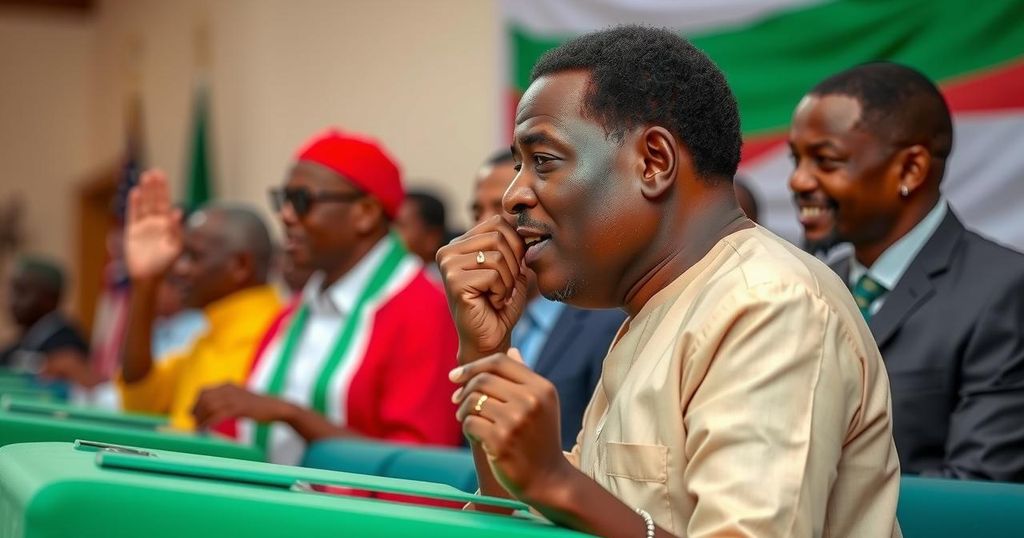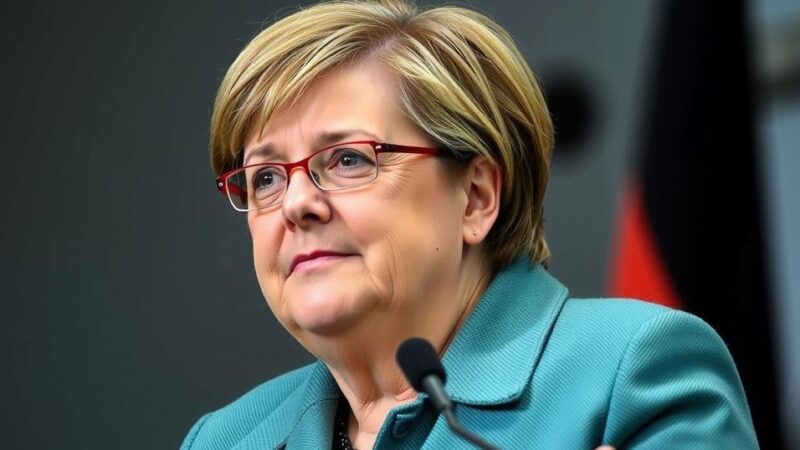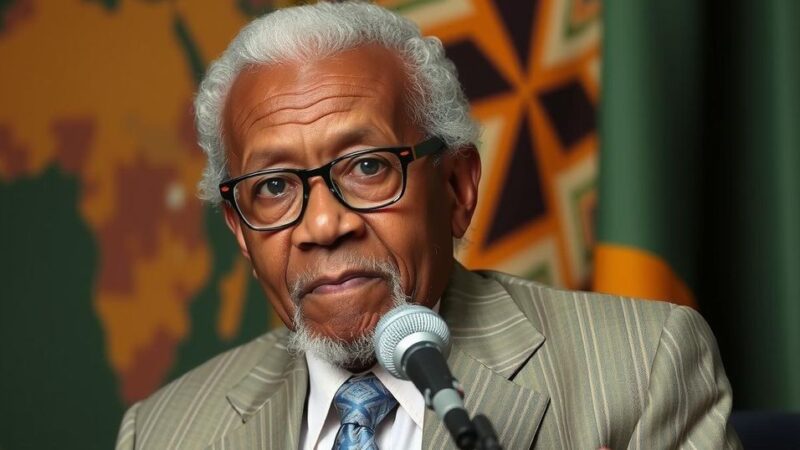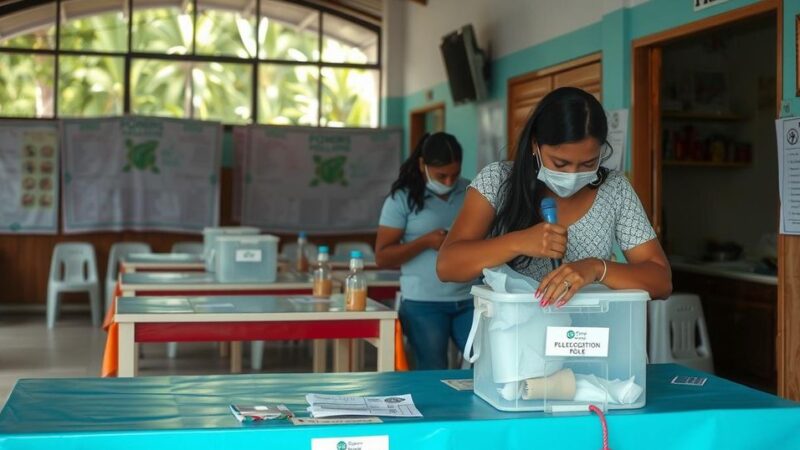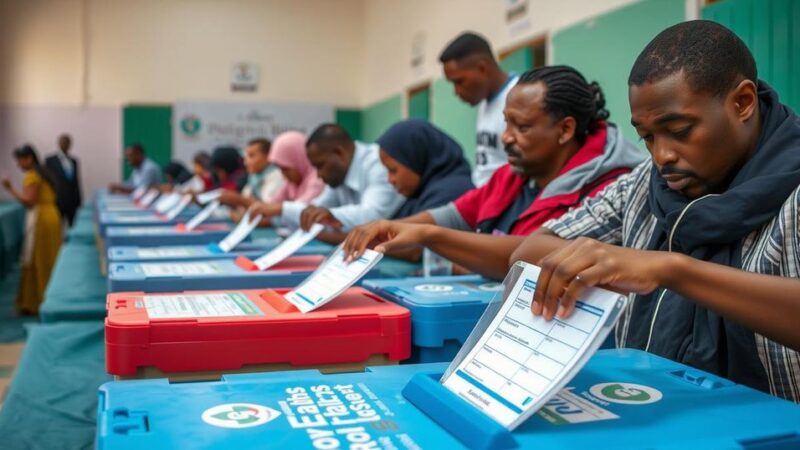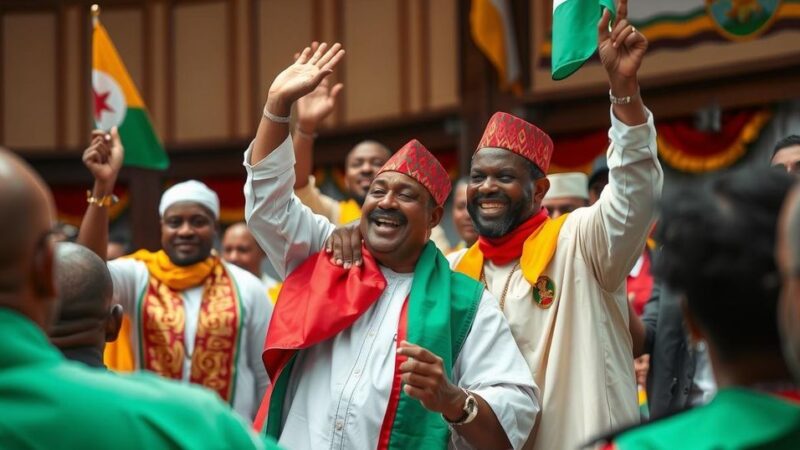Chad’s ruling party, the Patriotic Salvation Movement, won a majority in the parliamentary elections with 124 out of 188 seats. The election, which was boycotted by the main opposition, marks a critical juncture in the country’s political landscape as it transitions toward democracy after a decade. President Deby emphasized decentralization efforts, while opposition leaders have criticized the legitimacy of the elections amidst ongoing security challenges in Chad.
In a significant political development, the ruling Patriotic Salvation Movement (PSM) of Chad secured a majority in the recent parliamentary elections held last month, amidst an opposition boycott. According to provisional results announced by the electoral commission, the PSM won 124 out of 188 seats, with a reported voter turnout of 51.5%. This election was the first parliamentary vote in over a decade and is seen as a pivotal step in consolidating President Mahamat Idriss Deby’s power following his military takeover in 2021, which succeeded the long-standing rule of his father, Idriss Deby Itno.
President Deby characterized the election as a crucial advancement towards decentralization, aimed at empowering local governance. The election encompassed not only parliamentary voting but also regional and municipal selections, forming part of Chad’s transition towards a more democratic framework. However, significant opposition parties, including the Transformers party led by Succes Masra, opted to boycott the election, denouncing it as a “charade” and expressing concerns over its credibility, reflective of issues observed during the past presidential vote.
Chad currently faces considerable challenges, both politically and in terms of security, grappling with the threats posed by Boko Haram in the Lake Chad region and a diminishing military alliance with France, a historically vital partner. The main opposition has yet to respond to the proclaimed results, leaving questions regarding the legitimacy and acceptance of this electoral outcome.
The recent parliamentary elections in Chad marked the first of their kind in more than ten years, following a significant shift in governance when Mahamat Idriss Deby ascended to power after the death of his father, the long-serving President Idriss Deby Itno. The political landscape has been tumultuous, with Deby’s military rule and subsequent controversial electoral strategies drawing criticism from various opposition factions. This election not only encompassed parliamentary seats but also regional and municipal positions, highlighting the broader context of Chad’s ongoing, yet precarious, shift towards democracy in the face of entrenched challenges.
In summary, the ruling Patriotic Salvation Movement’s victory in Chad’s parliamentary election underscores the consolidation of President Mahamat Idriss Deby’s power, despite substantial opposition criticism and a notable boycott. As the nation navigates complex security issues and strives for a decentralized governance structure, the opposition’s voice remains crucial in assessing the legitimacy of the electoral process and its implications for Chad’s democratic evolution.
Original Source: www.seattletimes.com

